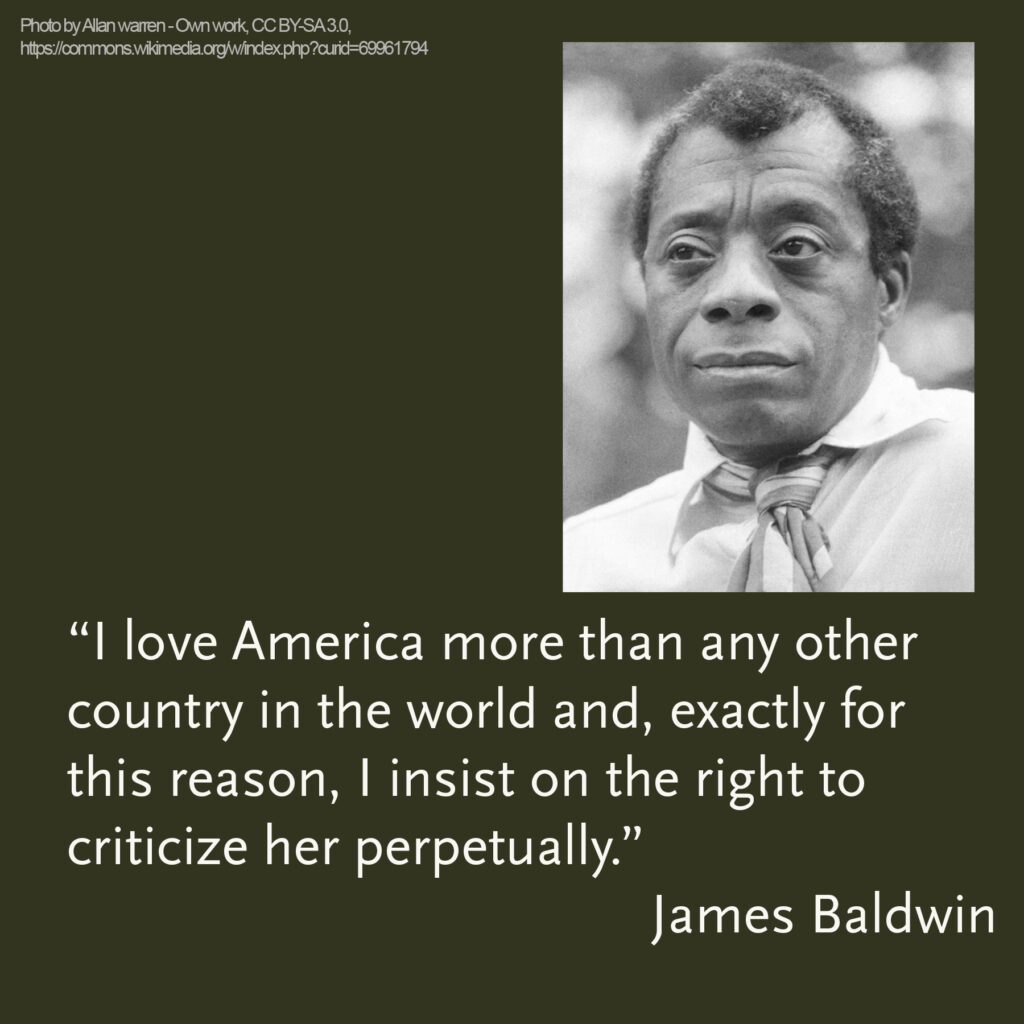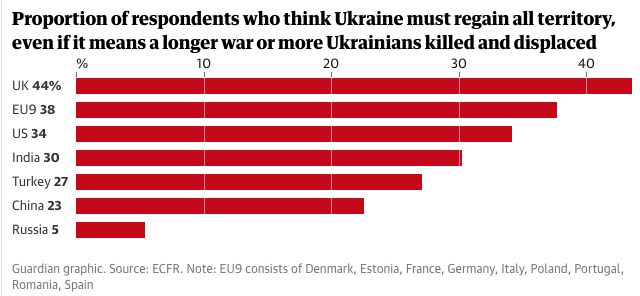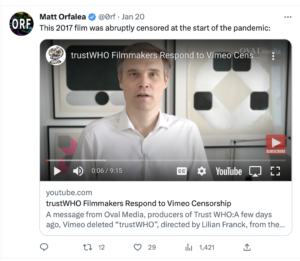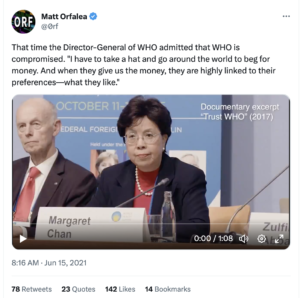New Study Regarding Tribalism in Politics
New study by Bernstein, Zambrotta, Martin, & Micalizzi on political tribalism. Disturbing and not surprising to anyone who has eyes and ears. Title is: "Tribalism in American Politics: Are Partisans Guilty of Double-Standards?"
Here is the discussion section:
Across experiments, we found strong evidence for the existence of political tribalism and the application of double-standards. In Study 1, we found that tribalism occurs for the perceived legitimacy of hypothetical election outcomes. When asked whether Donald Trump or Joe Biden would be the legitimate president under three different scenarios, Republicans viewed Trump as more legitimate than Biden while Democrats viewed Biden as more legitimate than Trump. Similarly, in Study 2 Part 1, Republicans supported identical presidential policies and actions more under Donald Trump than Barack Obama while Democrats supported identical policies and actions more under Barack Obama than Donald Trump.
A noteworthy element this study is that each item was, in fact, true under both Presidents, which highlights the study’s real-world importance and is an important contribution over prior experiments. In Study 2 Part 2, we showed that Republicans viewed identical statements attributed to Bill Clinton as more bigoted than those attributed to Donald Trump while Democrats viewed the statements as more bigoted when attributed to Trump instead of Clinton. Further, Republicans viewed a statement advocating colorblindness to be generally not racist when attributed to either Dr. Martin Luther King (MLK) or Donald Trump (though racism scores were slightly higher in the latter condition); Democrats also viewed the statement as low in racism when attributed to MLK, but the racism score increased drastically when attributed to Trump. Taken together, these studies suggest that tribalism permeates many aspects of political life and discourse. Policy agreement differs according to the person enacting the policy. Perceptions of racism and xenophobia depend on the person who utters the statement. Alarmingly, even the perceived legitimacy of elections is dependent upon the winner; that is, people assign different standards for election legitimacy depending upon whether their preferred candidate wins or loses. Moreover, some of these effects are rarely seen in the social or cognitive sciences (e.g., Fs>250 when sample size <150), which suggests that tribalism plays a large role, at least in certain contexts.
Our main interest was in documenting if bias exists among each side of the political aisle. However, the study does invite us to ask which side exhibits greater tribal bias . . . To the degree that our results can help weigh in on this question, there was some indication that bias is higher among Democrats, which we call “left-leaning asymmetry”





